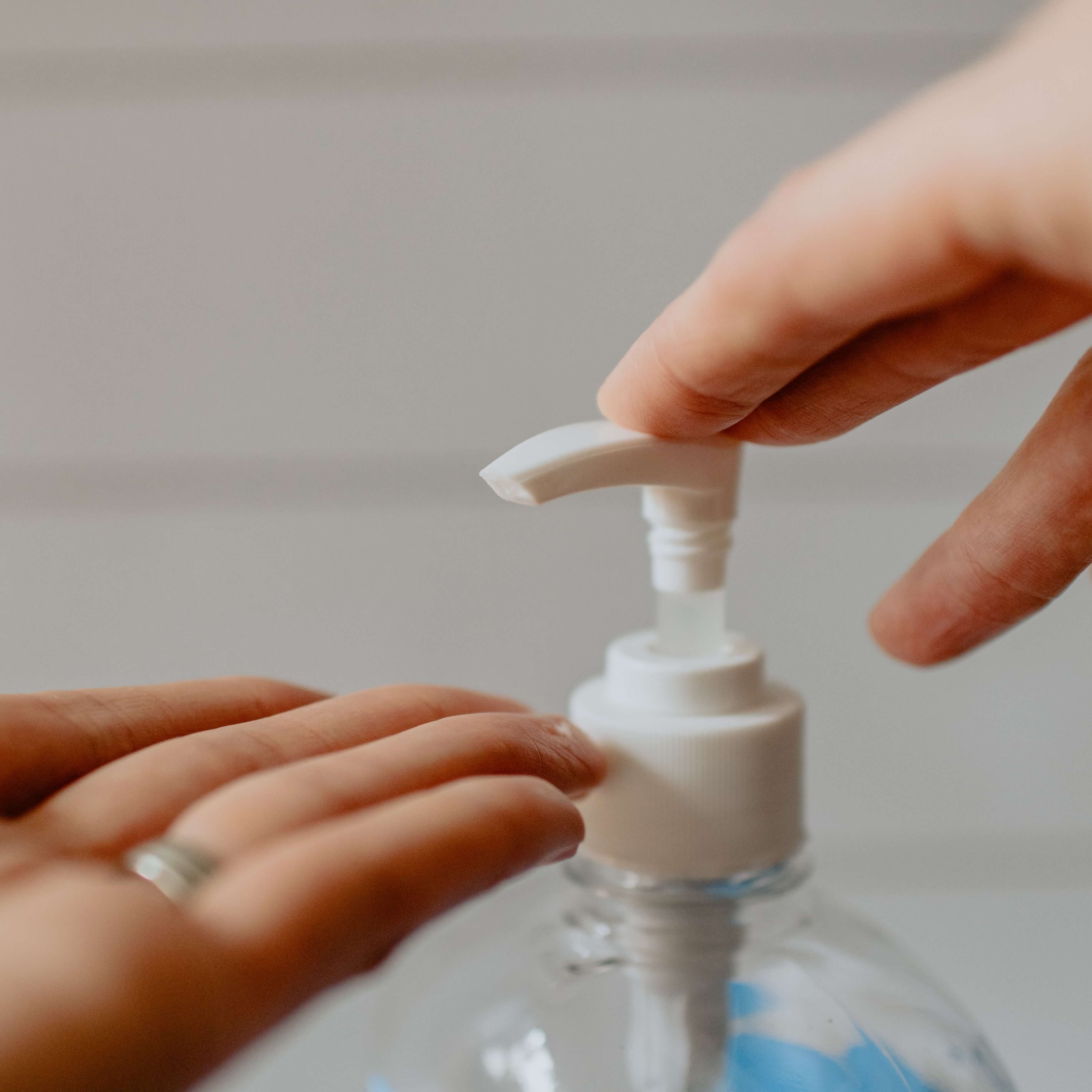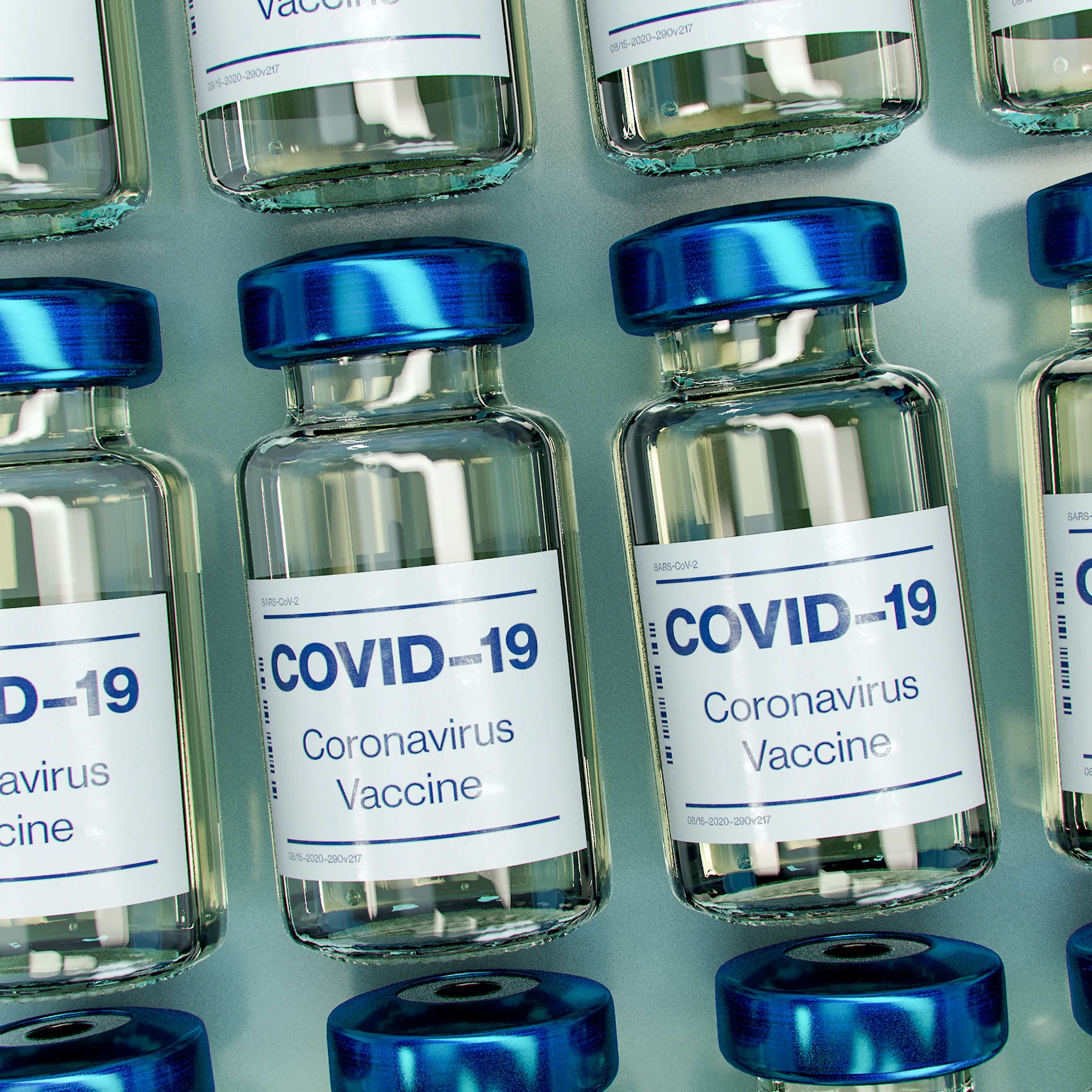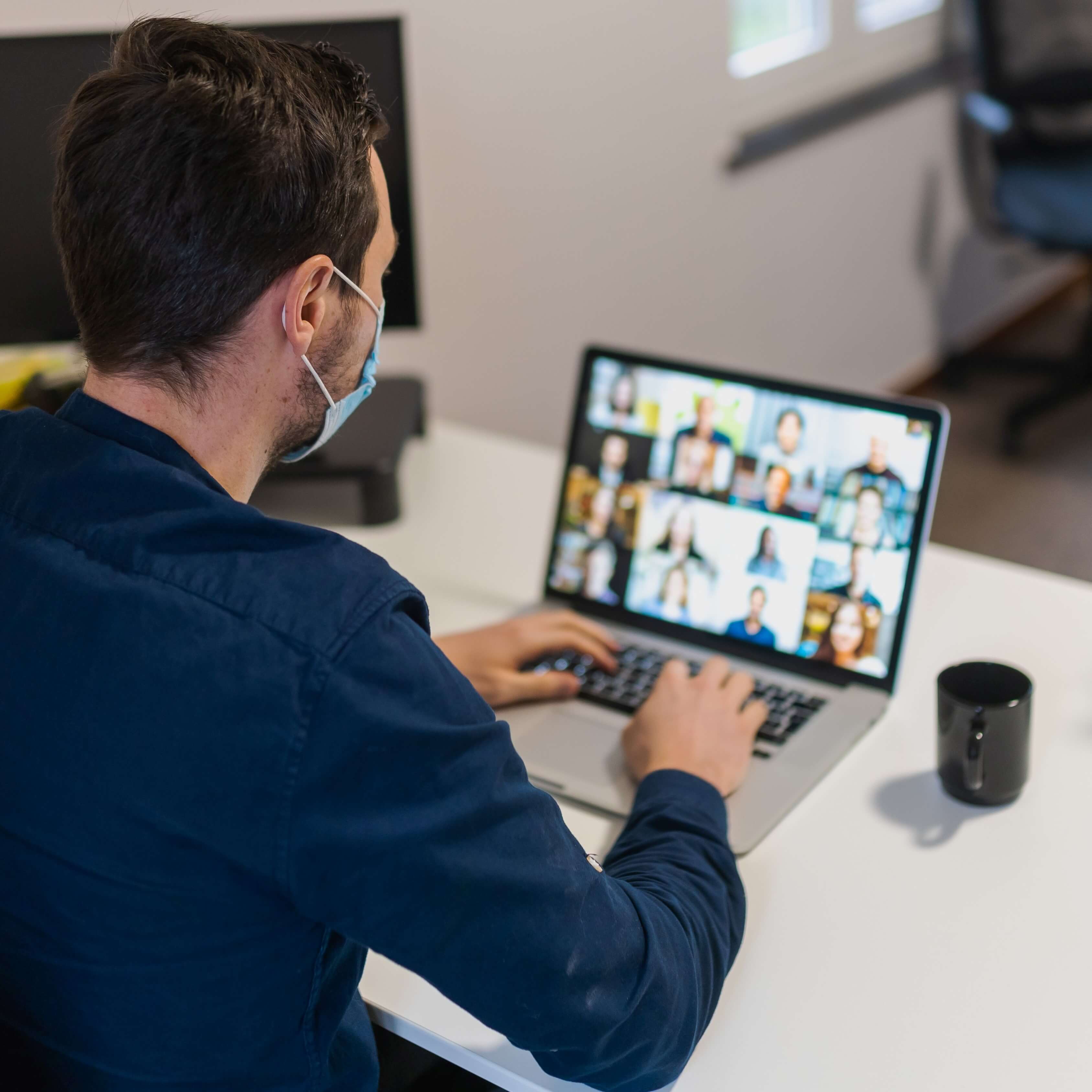
What Covid Test Do I Need to Return to the UK?
Many countries, including the UK, have removed Covid-19 travel restrictions. However, it’s still important to take up precautionary measures to keep you and others safe as you travel. For instance, taking a Healgen rapid Covid-19 antigen self-test on returning to the UK is important to know your Covid-19 status. Testing is important as a positive early test result ensures you self-isolate, limiting the spread of the Covid infection.
Also, if you experience Covid-19 symptoms during your travel, you must isolate and take a PCR or an LFT, such as a FlowFlex antigen test. If you’re planning to travel to the UK, here’s a look at the Covid-19 test to return to the UK.
What Covid Test Should You Take to Return to the United Kingdom?
Starting 18 March 2022, all travelers arriving in the UK from abroad don’t need to take any Covid-19 tests regardless of their vaccination status. Unlike in the past when unvaccinated travelers to the UK were required to take a day 2 return Covid-19 test, it’s no longer mandatory for travelers to take a PCR or an antigen test for return to the UK.
However, you can still get a PCR or a lateral flow test on return to the UK from private or online clinics. You can also ask your travel company for a lateral flow test to return to the UK, as some of the companies have partnered with Covid-19 test providers making it convenient for their customers to get tested.
Further, some travel destinations still have Covid-19 requirements in force. For instance, some may require proof of vaccination, proof of a negative Covid-19 test, or travel insurance. This is why it’s important to check the entry requirements of your travel destination before you embark on your much-anticipated vacation.
What If I’m Unvaccinated?

Fully vaccinated travelers to the UK don’t have to take any Covid tests after or before they arrive in the UK. This rule also applies to unvaccinated travelers. In the past, unvaccinated travelers were expected to show proof of a negative Covid-19 test. They were also required to take a day 2 return Covid-19 test from approved government providers and isolate for ten days if the test turned out to be positive.
However, travelers to the UK no longer have to take a test on arrival or self-isolate regardless of their vaccination status. They also don’t need to fill out a passenger locator form as expected in the past. These rules also apply to people passing or transiting through England, Scotland, Wales, or Northern Ireland as part of their international travel.
General Tips for Preventing the Spread of Coronavirus
As mentioned earlier, even though travel restrictions have been removed in the UK, it’s important to continue observing Covid-19 rules to limit the spread of the coronavirus. Some of the public health advice offered by the NHS that can help keep you and your loved ones safe from Covid-19 include:
-
- Getting vaccinated - Covid-19 vaccination is the best defense against coronavirus. Ensure you get the full course of the Covid-19 vaccine and a booster dose to reduce your risk of getting infected.
- Let fresh air indoors - The Covid 19 virus can stay in place or build up in poorly ventilated spaces. Opening the windows or doors while indoors helps reduce the spread of coronavirus.
- Practice good hygiene habits - Practicing simple hygiene habits such as washing your hands, covering sneezes and coughs, and keeping your surroundings clean can protect you and others against Covid-19.
- Wear a face mask - It’s important to wear a mask or face covering, especially when in crowded or enclosed spaces. Also, if you’re infected or have Covid-19 symptoms, always wear a mask when in public to protect others from the infection.
- Social distancing- Physical distancing, where you maintain a distance of six feet or more between you and another person, can help protect you from getting infected and also protect others from the virus if you’re infected.
- Stay at home and self-isolate - If you have Covid-19 symptoms such as a high temperature, a continuous cough or loss, and a change of taste or smell you should self-isolate. You should also work from home if possible to slow down the spread of the virus.



